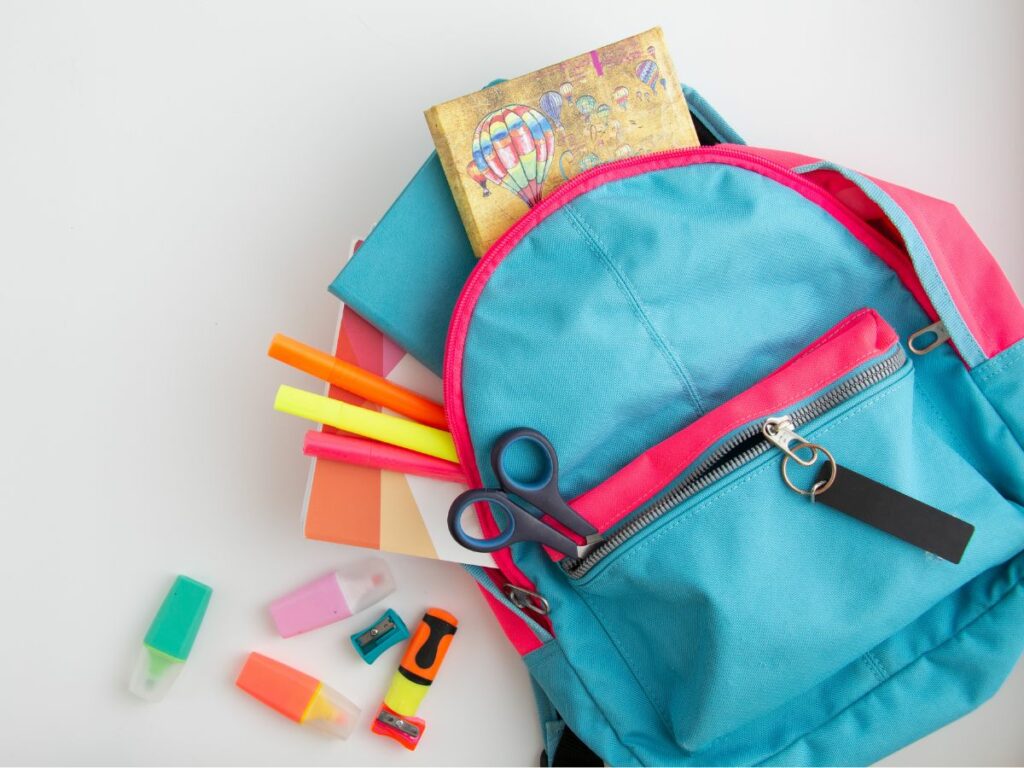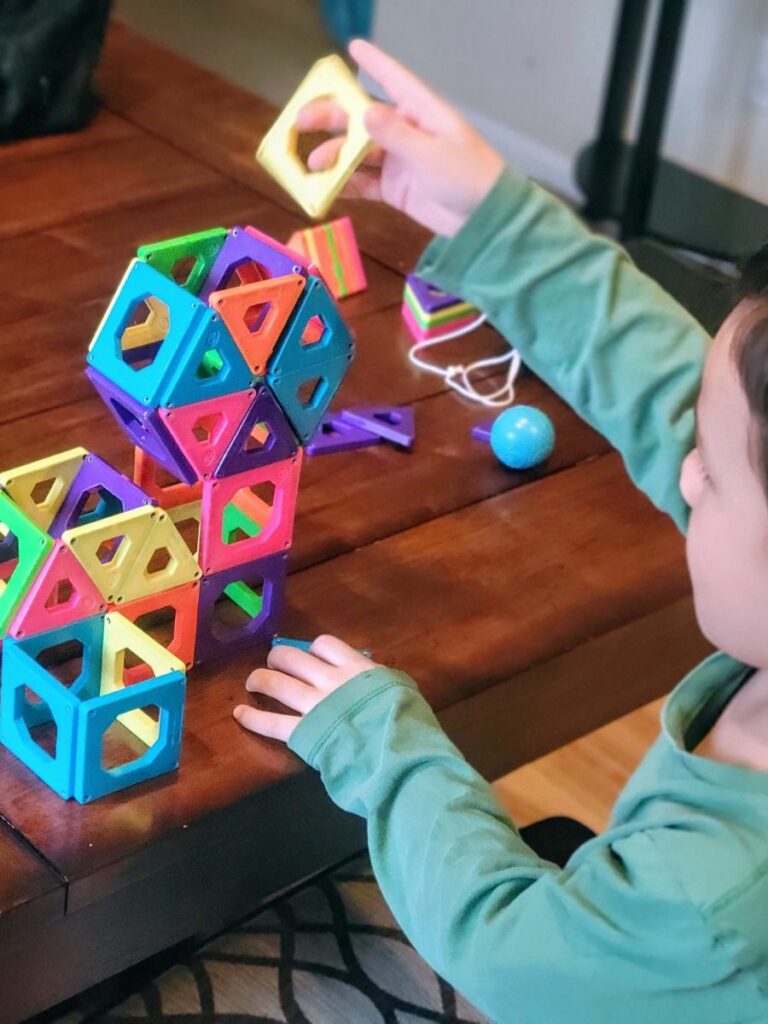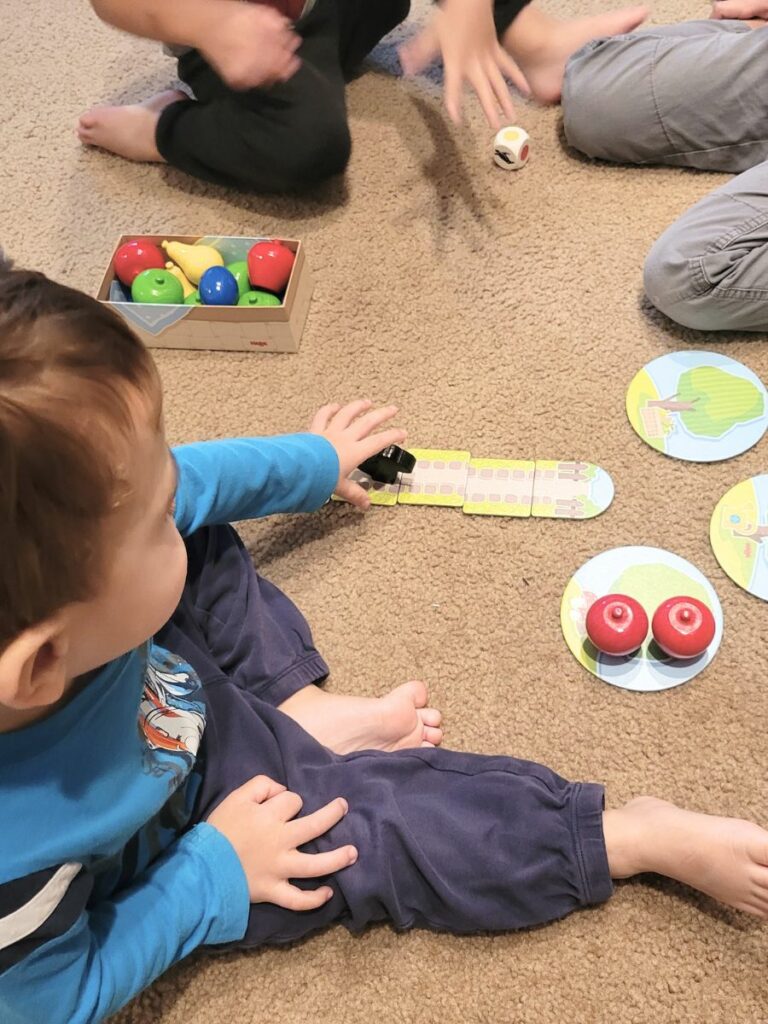As summer winds down, it’s time to shift gears and start preparing for the upcoming school year. Enter this helpful list of back to school tips!
The transition from the carefree days of summer to the structured routine of school can be challenging for both kids and parents. Late mornings, spontaneous activities, and endless playtime give way to early wake-ups, homework, and after-school commitments.
While the change can be a bit overwhelming, a little planning and preparation can make all the difference in ensuring a smooth and successful start to the school year.
Whether your child is starting school for the first time or returning for another year, these back to school tips will help ease the transition and set the stage for a successful and enjoyable school year.
Let’s dive in and explore how you can make this back-to-school season a positive and exciting experience for your family!
Back to School Tips for Parents
1. Start the Transition Early

One of the best ways to prepare your child for the upcoming school year is to start early. Begin transitioning into the school routine a few weeks before the first day of school. This gradual shift helps to minimize the shock to their system and makes the change feel more natural.
Start by gradually moving bedtime and wake-up times earlier. For instance, if your child has been going to bed at 9:30 PM during the summer, start moving bedtime up by 15 minutes every few days until you reach the desired school-year bedtime.
Adjusting sleep schedules in small increments allows your child’s body to adapt without feeling overwhelmed. Along with bedtime adjustments, start waking your child up earlier in the morning. If they’ve been sleeping in until 9:00 AM, aim to move this time earlier by 15-minute increments as well. This will help reset their internal clock and make the early school mornings less jarring.
Additionally, align other daily routines with the upcoming school schedule. This includes meal times, screen time limits, and evening wind-down activities. By the time school starts, your child will be accustomed to the new schedule, making the first week of school much smoother and less stressful.
2. Practice the Morning Routine
Another effective strategy to reduce first-day jitters and help your child adjust to the school routine is to practice the morning routine a few times before school starts. Treat these practice mornings as if they were actual school days.
Start by setting an alarm and waking up at the desired school time. Encourage your child to go through all the morning activities they will need to complete on a school day.
By running through the entire morning routine a few times, your child will become more comfortable with the process and timing. It also gives you an opportunity to identify any potential hiccups and address them before the school year starts. This practice can greatly reduce anxiety and build confidence, ensuring that your child feels prepared and ready to tackle the new school year with enthusiasm.
3. Create a Study Space

Setting up a dedicated area for homework and study is a great way to help your child focus and succeed academically.
Choose a quiet, organized space in your home where your child can concentrate without distractions. This could be a corner of their bedroom, a spot in the living room, or even a small desk in a hallway.
Involving your child in decorating and organizing their study area can significantly increase their enthusiasm for using it. When children have a say in how their space looks and feels, they are more likely to take ownership of it and develop positive study habits.
4. Refresh Academic Skills
Encouraging daily reading over the summer is one of the most effective ways to keep your child’s literacy skills sharp and ready for the new school year.
Make reading a fun and enjoyable part of their daily routine by choosing books that align with their interests and reading level. Whether it’s adventure, fantasy, mystery, or a favorite series, finding the right books can make reading a delightful experience.
Try to incorporate basic math, writing, and other core subjects into your daily activities. Use fun activities, like educational games or apps, to make it engaging.
5. Back-to-School Shopping

Make a list of needed school supplies and clothes. Involve your child in the shopping process to get them excited about the new school year.
Also be sure to label everything!
Labeling all of your child’s school items is a simple but effective way to prevent things from getting lost. From lunch boxes and water bottles to jackets and gym shoes, putting your child’s name on their belongings ensures that they can be easily identified and returned if misplaced.
6. Reconnect with Friends
Social interactions can significantly impact a child’s school experience, especially if they are transitioning to a new school or class. Arranging playdates with classmates before the school year begins is a fantastic way to help ease any social anxieties your child might have.
These playdates provide a relaxed setting where children can get to know each other, making it easier for them to recognize familiar faces on the first day of school. This familiarity can be comforting and can boost your child’s confidence. Additionally, these playdates offer opportunities for children to practice social skills, learn to share, and build friendships, making the transition to a new classroom environment smoother.
Attending back-to-school events, such as open houses or orientations, is another excellent way to help your child adjust to the new school year. These events are designed to introduce students and parents to the school environment, teachers, and fellow classmates.
7. Set Goals for the School Year
Take some time to sit down with your child and talk about what they hope to achieve in the upcoming school year. Setting academic and personal goals can provide motivation and focus.
Ask questions like, “What subjects are you excited to learn more about?” or “Are there any new skills you’d like to develop this year?” This helps your child reflect on their interests and aspirations. Together, you can set realistic and achievable goals, such as improving reading skills, mastering multiplication tables, or making new friends.
Encourage your child to write down their goals and keep them in a visible place, like their study area or on the refrigerator. This constant reminder can help them stay focused and motivated throughout the school year. Celebrate milestones and achievements along the way to reinforce their efforts and boost their confidence.
8. Address Concerns

Discuss any worries or fears your child may have about going back to school. Reassuring them and providing strategies to manage anxiety can make a significant difference in their outlook and readiness for school.
Ask your child open-ended questions such as, “Is there anything you’re worried about for the new school year?” or “What can I do to help you feel more comfortable about going back to school?” Listen actively to their concerns and validate their feelings. It’s important for your child to know that it’s normal to feel anxious or uncertain about changes.
Together, brainstorm strategies to manage these anxieties. For example, if your child is nervous about making new friends, role-play social situations to build their confidence. If they’re worried about academic challenges, reassure them that it’s okay to ask for help and remind them of past successes.
Additionally, share your own experiences and how you overcame similar fears when you were their age. This can provide comfort and a sense of solidarity.
By setting clear goals and addressing concerns, you’re equipping your child with the tools and mindset needed to approach the new school year with confidence and enthusiasm. This proactive approach can foster a positive and supportive environment, helping your child feel prepared and empowered to tackle any challenges that come their way.
9. Health and Wellness
Schedule any necessary health checkups before school starts. This includes annual physicals, dental cleanings, and eye exams. These appointments are crucial for catching any potential issues that might affect your child’s learning and overall well-being.
Reinforce the importance of healthy eating, exercise, and good sleep hygiene to ensure your child is physically ready for school. Establishing these habits now can lead to lifelong wellness and academic success.
10. Organize School Supplies

Have your child’s backpack ready with all the necessary supplies. Check the school’s list to make sure nothing is forgotten.
Plan and practice making healthy lunches. Consider involving your child in choosing and preparing their meals.
If your child is new to school, have them practice opening all the items in their lunchbox and finishing their lunch within the allotted lunch time. These are two of my favorite underrated back to school tips that can really make a big different in your child’s confidence on their first day!
11. Encourage Independence
As the new school year approaches, helping your child develop a sense of responsibility and encouraging them to make decisions can play a significant role in easing their transition. This can include tasks such as packing their backpack and laying out clothes for the next day.
By giving them age-appropriate tasks and involving them in school preparations, you’re not only preparing them for the academic year but also fostering independence and confidence.
12. Stay Positive

Keep the conversation around school positive and exciting. Highlight the fun aspects, like seeing friends, learning new things, and participating in activities.
Let your child know that you are there for them as they navigate the new school year. Reassure them that they can come to you with any questions, concerns, or feelings they may have. Your presence and willingness to listen can be a great source of comfort and confidence.
By implementing these back to school tips, you can help your child smoothly transition from summer to school, ensuring they are well-prepared and excited for the year ahead. Here’s to a fantastic and successful school year!




